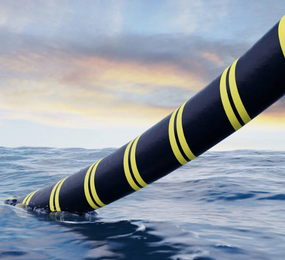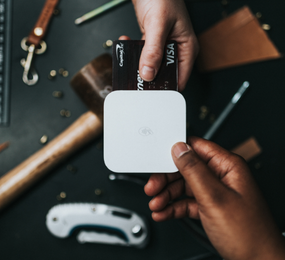There is an excellent reason why biotherapeutics are a popular issue right now. However, even before the COVID-19 pandemic, the field of biotherapeutics was bursting with all the data being produced by recent breakthroughs in tools, systems, and processes, much like every other manufacturing industry. Machine learning, analytical technologies, and advances in biomanufacturing analytics have all tried to keep up, but these too often are misunderstood and applied suboptimally. As a result, many companies deal with confusion and missed opportunities when they ought to be benefiting from enhanced workflows and consistent product manufacturing.
The dynamics of biological, physico-chemical, and chemical reactions as well as the mechanical and physical features of the reactors and the peripherals involved can all be represented by new, cutting-edge digital twins. The use of digital twins can quickly and affordably design, realise, and optimise control and automation techniques. They can be used to create and implement more sophisticated control strategies, such as the regulation of substrate or metabolite concentrations, multivariable controls, and the development of full bioprocess control, as well as more conventional controllers like temperature, dissolved oxygen, and others.
When used properly, digital twin and data science applications can offer predictions and classifications for bioprocessing, such as when determining whether a product meets quality standards. If an analysis shows that there is an issue, the root cause, whether it be in the processes or the raw materials, can be found. Techniques from digital twin and data science can also support other activities.
-
Making Sense of Uncertainty: There are several ways to achieve proper crossvalidation, but the most important things are to take uncertainty into account and guarantee that forecasts are precise.
-
Accelerating Process Development: Proper application of process data analytics enhances decision-making regarding experiments as well as regarding the best way to use the collected data. This makes it possible for teams to find the best methods for manufacturing high-quality, low-risk products rapidly.
-
Maintaining Compliance: Impurities and degradants are the focus of regulatory authorities' attention, and noncompliance entails serious reputational, financial, and legal repercussions. Manufacturers of biotherapeutics can lessen such risks with the use of new biomanufacturing technology.
-
Preventing Adverse Effects: When developing and manufacturing drugs, safety is of utmost importance. Biotherapeutic businesses can properly characterise contaminants and degradants to assure the safety and efficacy of drugs with the aid of digital twin and data science.
-
Correct Application Is Critical: Given the above advantages, anyone attempting to extract value from data, including data scientists, engineers, process scientists, and engineers, must learn not only which new analytical tools are best for the processes they work with, but also how to use them correctly.
Digital twin and data science must be used correctly in the development and manufacture of drugs, as in all manufacturing processes. When that occurs, biotherapeutic companies will be in a position to create streamlined workflows that swiftly establish highly effective, dependable, and low-risk manufacturing processes.
Join us on 28th - 29th March, 2023 for the International Bioprocessing and Biologics Forum, in Berlin, Germany to learn about digital twin and data science tools for bioprocess design, development, and manufacturing process improvement.
To register or learn more about the Forum please check here: https://bit.ly/3zxguXW
For more information and group participation, contact us: [email protected]
















